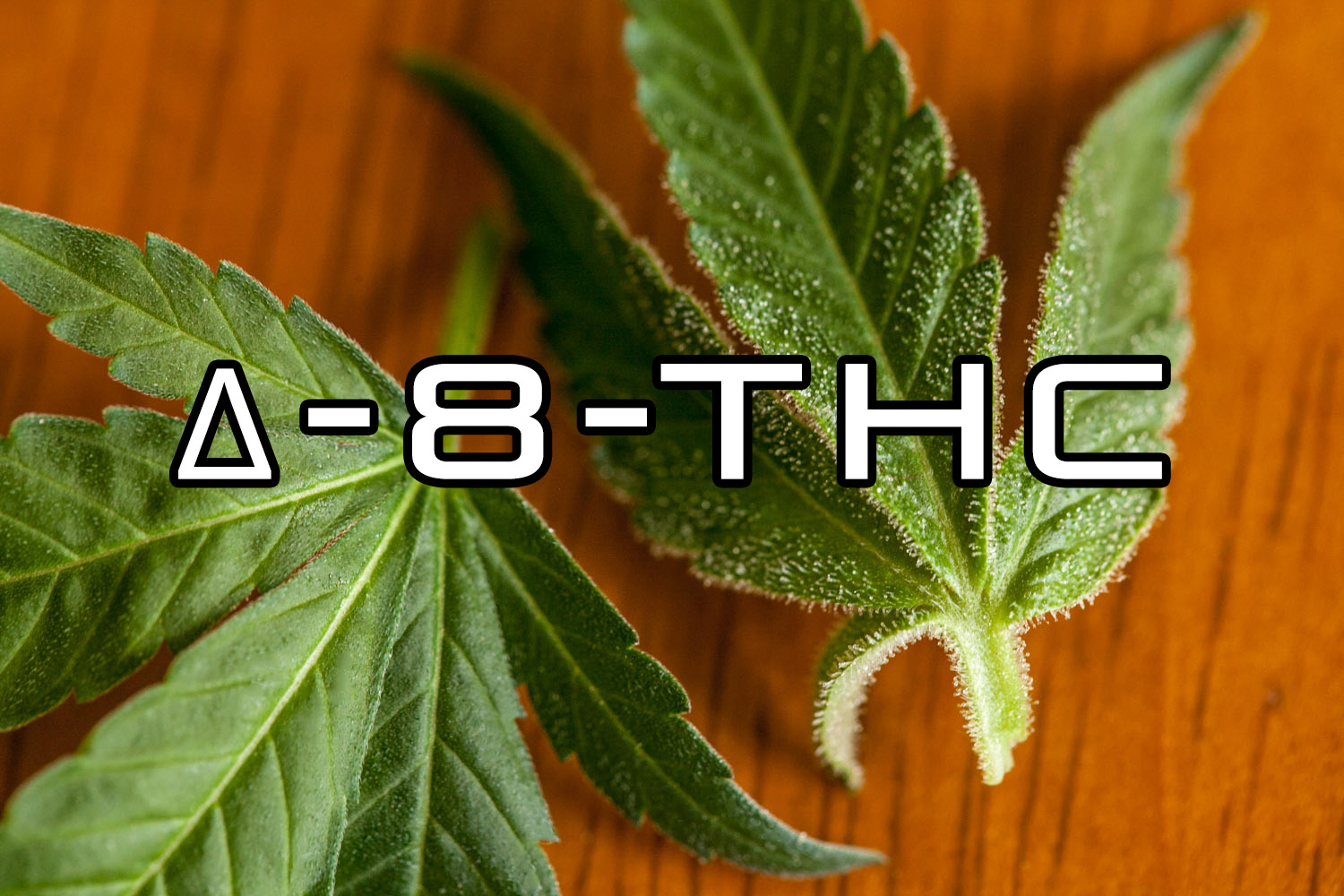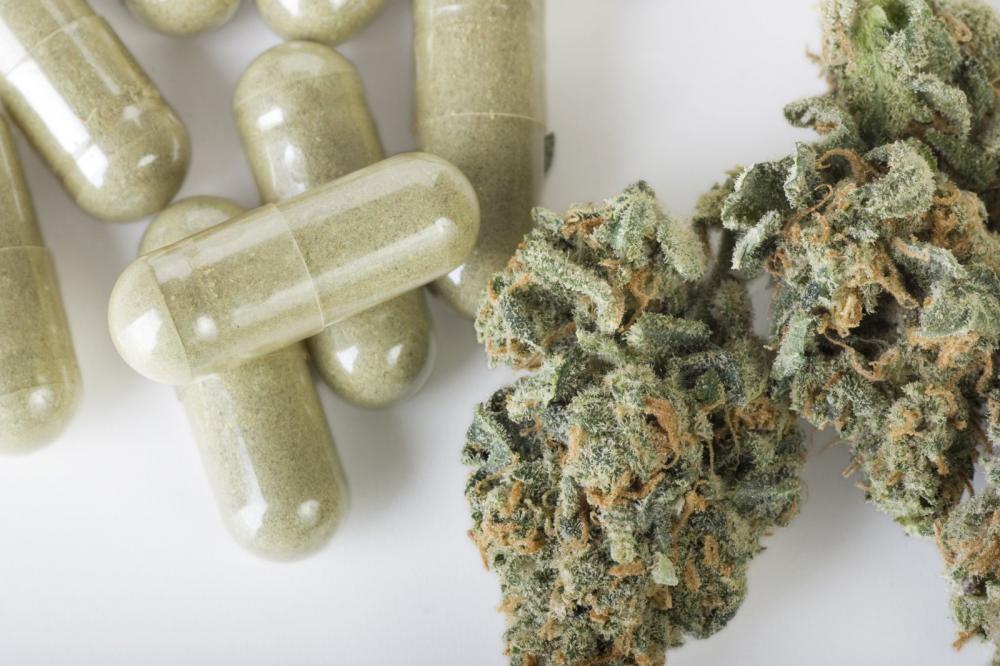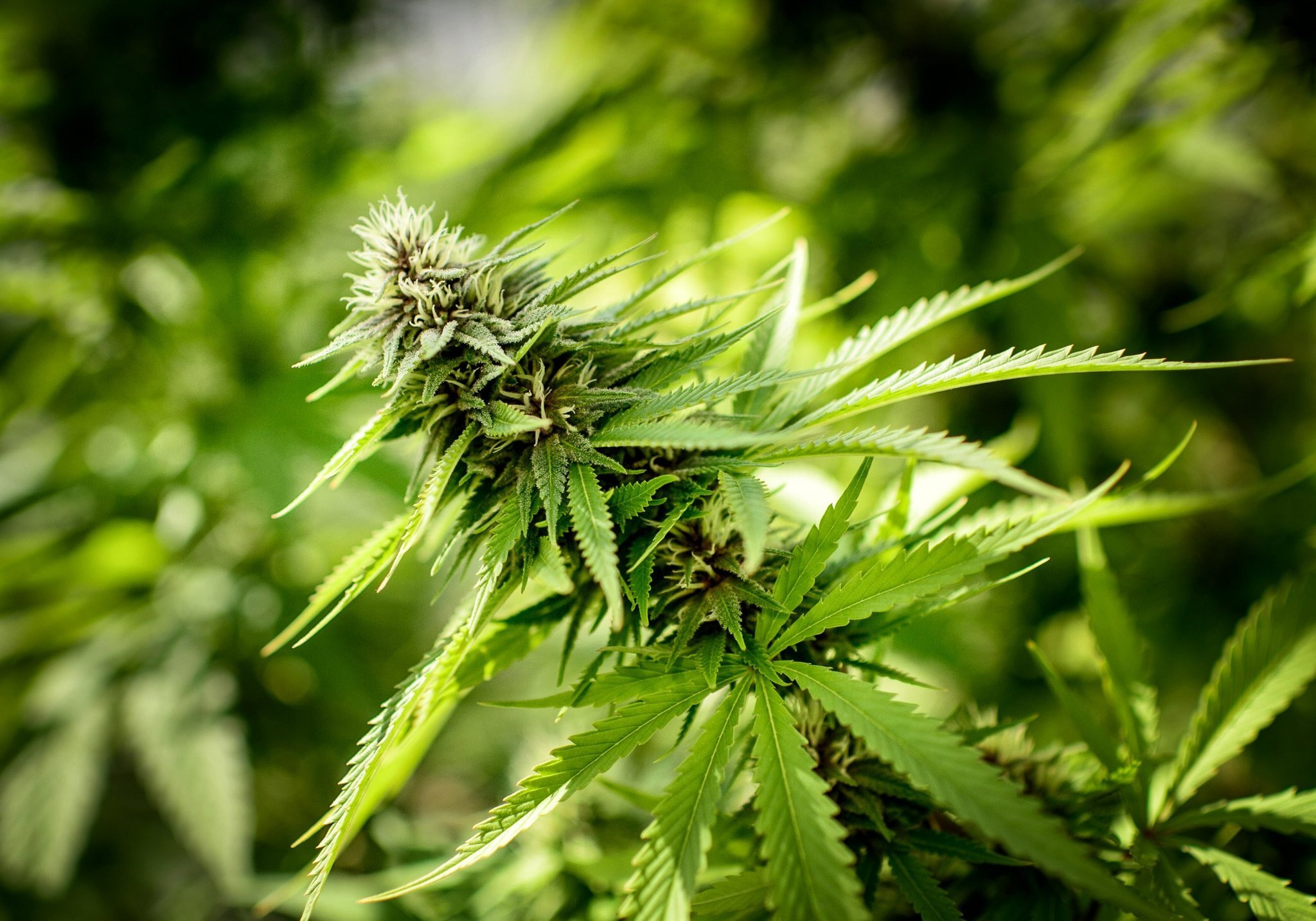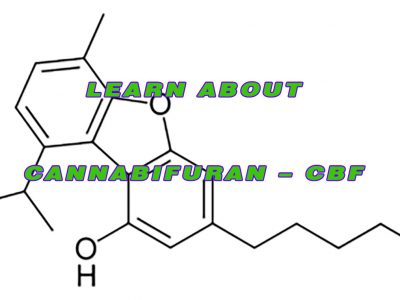Δ-8-THC and the Medical Cannabis

Cannabis has always been an interesting subject due to its great health benefits. Indeed, not every state or country has yet accepted it as legal for consumption. However, there are several patients, suffering from different medical conditions, and turning towards cannabis as the ultimate supplemental and alternative option for their treatment.
But there is still a lack of research in terms of understanding; how this unique plant treats a range of illnesses. If you are a newbie to the world of cannabis you might start with the fundamentals. All you would know is that cannabis gets you high and stimulates appetite.
But do you know that all these effects come from the popular cannabinoid present in cannabis and known as Δ-8-THC?
Understanding Δ-8-THC – delta – 8 – Tetrahydrocannabinol
This cannabinoid is famous for its properties. It is similar to delta-9-tetrahydrocannabinol in many ways. But both of these isomers are different in some way, as we discuss the differences below.
Δ-8-THC possesses significantly less psychotropic potency. This means that the feeling of being ‘high’ is almost minimized. On the other hand, there are several studies that, after comparing both the isomers, suggest that the high dosage of delta-9-tetrahydrocannabinol may cause anxiety in consumers.
These effects are higher than the ones present with delta-8-tetrahydrocannabinol. This means that if you are benefiting from Δ-8-THC, you should be less afraid of its various negative side effects.
Along with these therapeutic effects, delta-8-tetrahydrocannabinol has shown help with memory, mood, and sleep.
Fortunately, there are many processing facilities and commercial laboratories that offer very high-quality products of Δ-8-THC in the cannabis market. There are several products containing Δ-8-THC along with isolated terpenes, available in the market, and are preferred by educated consumers and patients who have a preference for low psychoactive yet high therapeutic experience of cannabis.
As stated earlier, Δ-8-THC is similar to delta-9-tetrahydrocannabinol. It is among the four major cannabinoids which are present in dried but it makes up even less than1% in dried flower.
Not to mention, oftentimes there is only 0.01% delta-8-THC in a dried flower of cannabis.
Since we don’t have detailed information specific to delta-8-tetrahydrocannabinol, we can assume it to have the similar effects as that of THC. The molecules of Δ-8-THC are closely related to tetrahydrocannabinol.
As per the early research work conducted in terms of Δ-8-THC, there are various benefits of it. These benefits include
-
Appetite-stimulation
-
Anti-anxiety
-
Neuroprotection
-
Pain relief.
Just like traditional THC, Δ-8-THC also connects with the primary landing sites. The landing site is referred to as CB1 – cannabinoid receptor 1. This facilitates a range of bodily functions, including memory, pain, mood, sleep, movement and much more.
This cannabinoid has also found to bond with the CB2 – cannabinoid receptor 2, that actually lends a hand in the communication of immune system.
We still need to conduct more research work and studies to fully understand the properties of Δ-8-THC. One of the major hindrances in conducting more research work on cannabis is its prevailing legalization issue.






